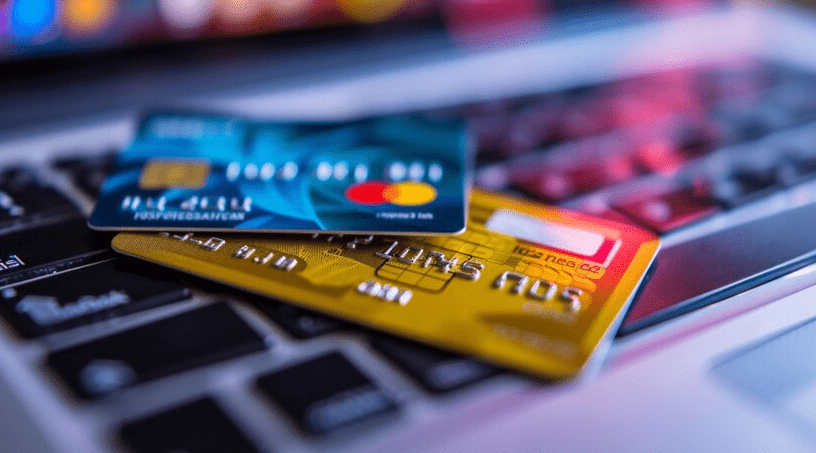When navigating the financial landscape in the United States, understanding the differences between credit and debit cards is crucial. Both types of cards offer unique benefits and potential drawbacks, which can significantly impact your financial health and spending habits.
In this comprehensive guide, we will delve into the key distinctions between credit and debit cards, explore their advantages and disadvantages, and provide insights into choosing the right card for your needs. Check to know every details:
The basics: what are credit and debit cards?

Credit cards: borrowing power
Credit cards allow users to borrow money from a bank or financial institution up to a certain limit, known as a credit limit. When you use a credit card, you are essentially taking out a short-term loan that must be repaid. Each month, you receive a statement detailing your purchases, and you can either pay off the balance in full or make a minimum payment while carrying the remaining balance forward, which will accrue interest.
Credit cards are an excellent tool for building credit history, as timely payments and responsible usage can positively impact your credit score. They also offer rewards programs, such as cashback, travel points, and other perks that can provide significant value. However, the temptation to overspend and the high-interest rates on unpaid balances can lead to debt if not managed carefully.
Debit cards: Direct access to funds
Debit cards, on the other hand, are directly linked to your checking account. When you make a purchase with a debit card, the money is immediately withdrawn from your bank account. This direct connection means that you can only spend what you have available, which helps in budgeting and avoiding debt.
Debit cards are convenient for everyday purchases and ATM withdrawals. They generally do not charge interest, making them a safer option for those who prefer to avoid debt. However, they typically do not offer the same level of rewards or protections as credit cards, and unauthorized transactions can be more challenging to resolve.
Benefits and drawbacks of credit cards
Building credit history
One of the primary benefits of using a credit card is the ability to build and improve your credit history. Credit bureaus track your credit card usage and payment behavior, which contributes to your credit score. A higher credit score can make it easier to obtain loans, secure lower interest rates, and even rent apartments or get certain jobs.
Credit cards also offer various consumer protections, such as fraud protection and extended warranties on purchases. Many cards come with travel insurance, purchase protection, and other benefits that provide peace of mind when making significant purchases or traveling.
Potential for debt
However, the ease of borrowing can lead to financial trouble if not managed wisely. High-interest rates on unpaid balances can quickly accumulate, leading to substantial debt. Additionally, late payments or carrying a high balance can negatively impact your credit score. Credit cards can also come with various fees, such as annual fees, late payment fees, and foreign transaction fees. It is essential to read the terms and conditions carefully to understand the costs associated with your card.
Benefits and drawbacks of debit cards
Budgeting and financial control
Debit cards offer a straightforward way to manage your finances. Since the funds are drawn directly from your bank account, you can only spend what you have, making it easier to stick to a budget. This can be particularly beneficial for individuals who struggle with overspending or want to avoid debt. Debit cards are also convenient for withdrawing cash from ATMs and making everyday purchases. They generally do not have annual fees, and you do not incur interest charges, which can save money in the long run.
Limited protections and rewards
On the downside, debit cards do not typically offer the same level of rewards or protections as credit cards. While some debit cards may offer cashback or other incentives, these rewards are often less generous than those provided by credit cards.
In the case of fraudulent transactions or errors, resolving issues with a debit card can be more challenging. Since the money is taken directly from your account, it may take time to get reimbursed, and you might be without funds during the resolution process.
Choosing the right card for you
When deciding between a credit card and a debit card, it is essential to consider your financial habits and goals. If you are disciplined with your spending and can pay off your balance in full each month, a credit card might be the better option. The rewards, consumer protections, and ability to build credit can provide substantial benefits.
Conversely, if you prefer a more straightforward approach to managing your finances and want to avoid the risk of accumulating debt, a debit card could be the right choice. The direct link to your checking account helps maintain control over your spending, and the lack of interest charges and fees can make budgeting simpler.
